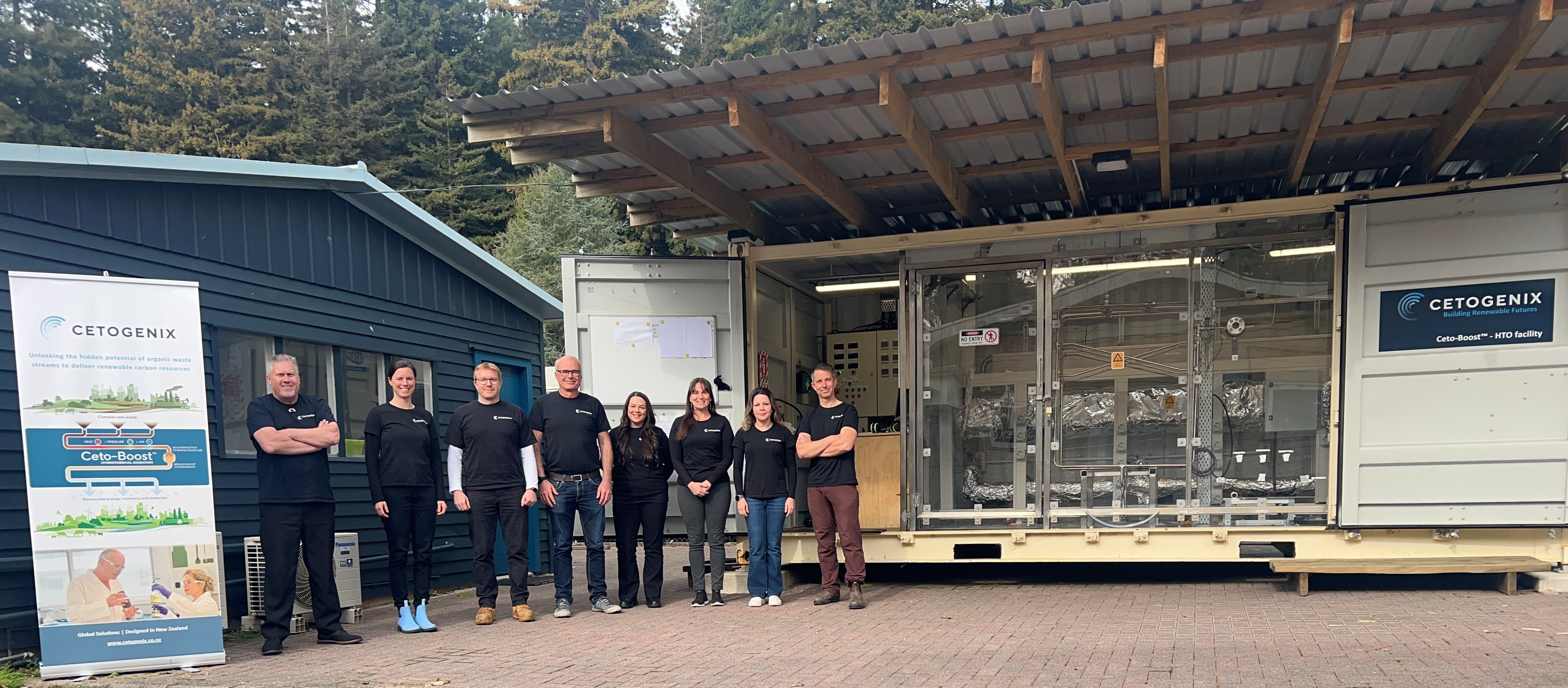
Services
Depending on your individual needs, we can connect innovators with relevant local and global stakeholders, support field demonstrations, and manage multi-stakeholder projects.
Strategic priority areas
To drive the transition towards a sustainable, resilient, and equitable energy future through innovation, Ara Ake takes a strategic approach to maximise its impact. We channel our efforts into three key priority areas, supporting projects that align with these focus areas:
Sustainable Molecules
Sustainable molecules are essential for decarbonising sectors that are difficult to electrify and require hydrogen and carbon to produce critical outputs such as methanol, ammonia, and steel. These sectors collectively account for around 20% of New Zealand’s total energy consumption and 46% of non-agricultural emissions. Reducing emissions in these areas depends on the development and deployment of low-carbon hydrogen and renewable carbon, as well as progressing innovative technologies.
By advancing sustainable molecules, New Zealand has an opportunity to materially reduce emissions across heavy transport, industrial energy, and process-related activities, contributing to long-term emissions reduction targets.
A selection of innovators we work with in this priority area:

Flexibility and Distributed Energy Resources
New Zealand’s transition to a low-emissions energy system is driving major changes in our energy landscape. Electricity demand is expected to increase by 68% by 2050, primarily due to the electrification of industry and transport. Integrating Distributed Energy Resources (DER) - such as solar, wind, and battery storage - will be essential for ensuring system resilience and affordability.
Increasing demand flexibility, both in consumption and generation, will help manage peaks, improve efficiency, and reduce overall system costs. This approach aligns with global best practices and offers a substantial economic opportunity for New Zealand.
A selection of projects we are working on in this priority area:

Energy Resilience
Energy resilience emphasises the role of locally led energy solutions that enable communities to generate, manage, and benefit from their own energy initiatives. These projects reflect local needs and resources, integrating available technologies and funding support to deliver fit-for-purpose solutions.
Beyond energy generation, community projects offer social, environmental, and economic benefits, enhancing local resilience and contributing to regional development while supporting New Zealand’s broader energy transition objectives
A selection of innovators and projects we have worked on in this priority area:
_web.jpeg)


















